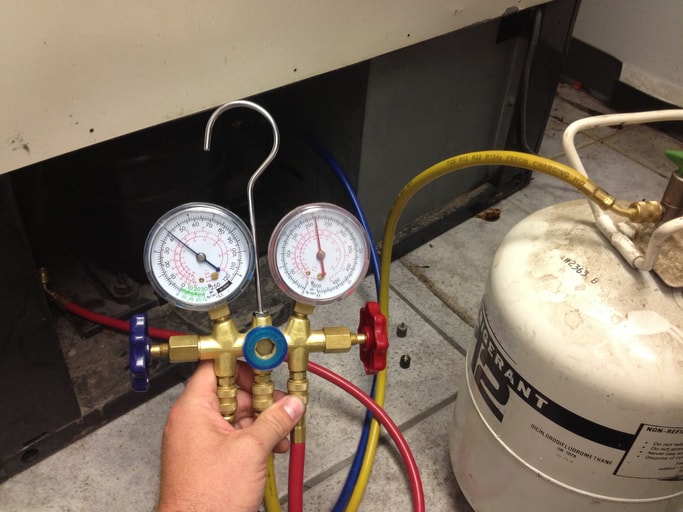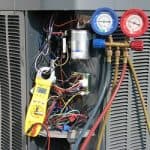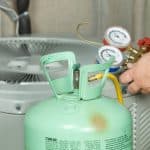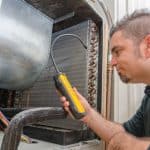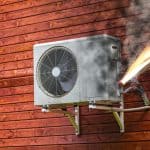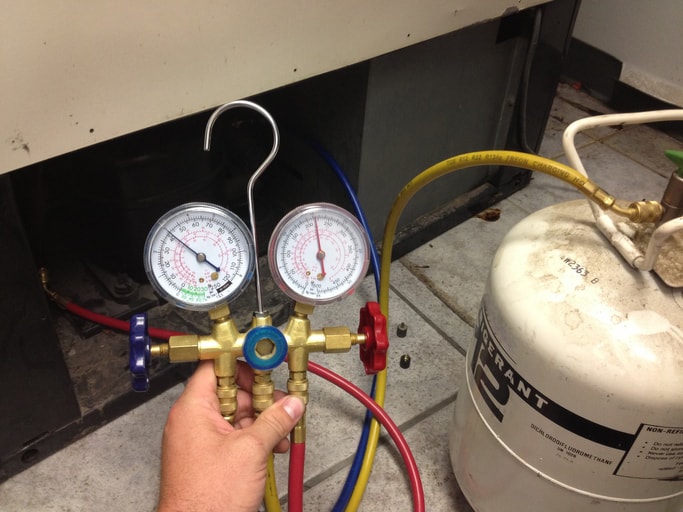
Approximately 25 years ago, the U.S. Environmental Protection Agency (EPA) mandated the phase out of R-22 in 2020 as the result of growing environmental concerns. Acting in accordance of The Clean Air Act, the phase out was enacted to protect the Earth’s ozone layer from an ozone-depleting compound found in R-22.
After that R22 refrigerant phase out date, R22 refrigerant can no longer be manufactured or imported into the US. That means your old equipment can’t be repaired if the refrigerant is unavailable. R22 is being replaced by R-410A, a blend of hydrofluorocarbons (HFCs) that does not contribute to depletion of the ozone layer.
So what does this change mean for you? If you have older equipment that uses R-22, you have a few options:
If a unit breaks after January 2020, chances are you’ll have to replace at that time. If it happens prior to 2020, you’ll need to decide if you want to replace or invest in a pricey repair. One thing to keep in mind: the closer we get to 2020, there will be lots of equipment owners in the same boat as you, all needing their systems replaced. You know what it’s like when you need a repair during an August heat wave? This situation is likely be worse. When your system finally breaks and you need an emergency replacement, and you could be without AC for some time while you wait for installation availability.
In some cases, you can invest in a retrofit or conversion that allows your older system to use certain newer refrigerants. That option won’t be possible for all systems, so you’ll need an inspection to determine if it might work for you.
The final option is to simply replace your older units. It can be expensive, especially if you’ve got multiple systems to replace before R22 is phased out. However, this can be the most cost-effective option in the long run. By replacing the units on your own schedule, you can take advantage of special pricing and financing offers that are available at different times of the year. When figuring out the cost of replacement, don’t forget that installing newer, more efficient systems can result in big reductions in energy expenses. Those savings can add up faster than you may think.
Gentry Heating and Air Conditioning can help you prepare for this transition. Give us a call today!


